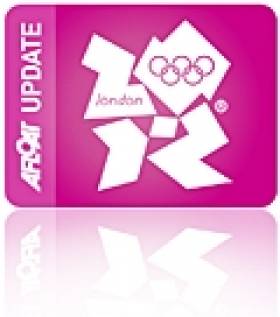Displaying items by tag: Swim Ireland
Swim Ireland Creating Panel of Teachers and Coaches for Strategic Plan
Swim Ireland says it is creating a panel of qualified and experienced swimming teacher and coaches as part of its plan to create “an island of swimmers”
“As part of our Strategic Plan 2022-26, Swim Ireland is emphasising the focus on increasing the number of people taking part in the aquatics across Ireland,” it says in its latest newsletter.
It says it has received funding from Sport Ireland through the Dormant Accounts (Community) and Healthy Ireland (Schools) initiatives and has staff dedicated to rolling out programmes.
It hopes to deliver indoor and outdoor programmes for the following target groups:
- Women/Teenage Girls
- Older Adults
- People with a Disability
- Youth at Risk
- Schools
- Ethnic minorities
“We welcome expressions of interest from all levels of teaching/coaching qualifications. Individuals with qualifications external to Swim Ireland will be supported with achieving recognition of equivalency,” it says.
It says all individuals engaging in Swim Ireland programmes will be required to complete Garda vetting with Swim Ireland and Safeguarding Level 1.
It says the teacher/ coach panel “does not constitute an offer of employment”, and individuals will invoice for services provided.
To register interest, the form is on this link
Sailing Determined to 'Stand on Podium' in 2012
Irish sailing bosses are determined to "stand on the podium" at the 2012 Olympic Games.
That was the message from last week's briefing by Ireland's four Olympic 'water sports' of canoeing, rowing, swimming and sailing, covered in The Irish Times.
For next summer the Irish Sailing Association has narrowed its focus on three boat classes - the Star Class, 49er and Laser Radial.
But the competition will be tough, with more than 40 countries vying for a handful of remaining Olympic spots at the Perth Sailing World Championships in December.
Other sports are more modest in their aspirations, with rowing rebuilding from the ground up with younger athletes, and Swim Ireland pushing forward with a streamlined team and plans to have six swimmers compete in London next summer.
In canoeing, Eoin Rheinisch - who placed fourth in the canoe slalom in Beijing - was on hand to discuss his qualification hopes, with two chances to clinch a spot between now and the games.
The Irish Times has more on the story HERE.






























































